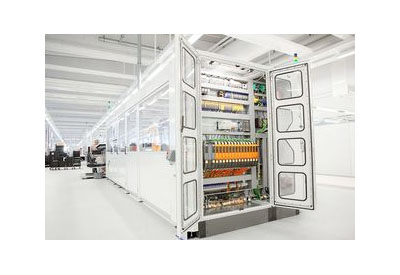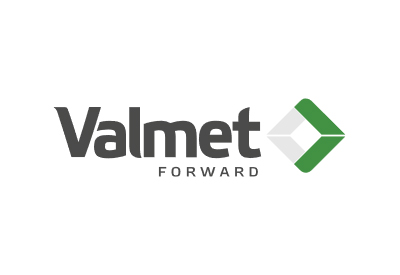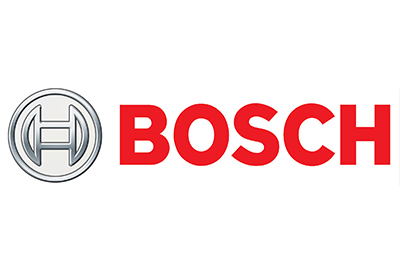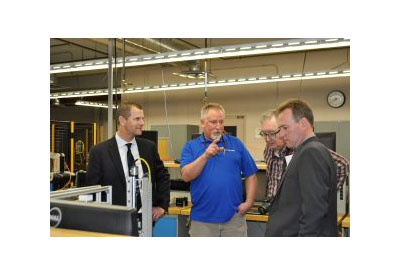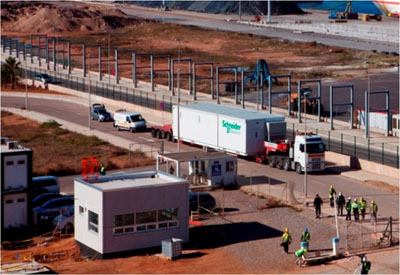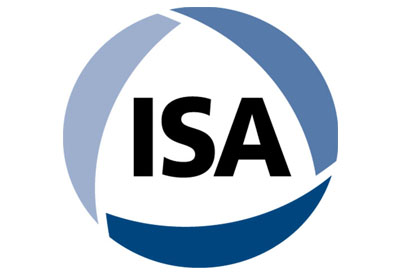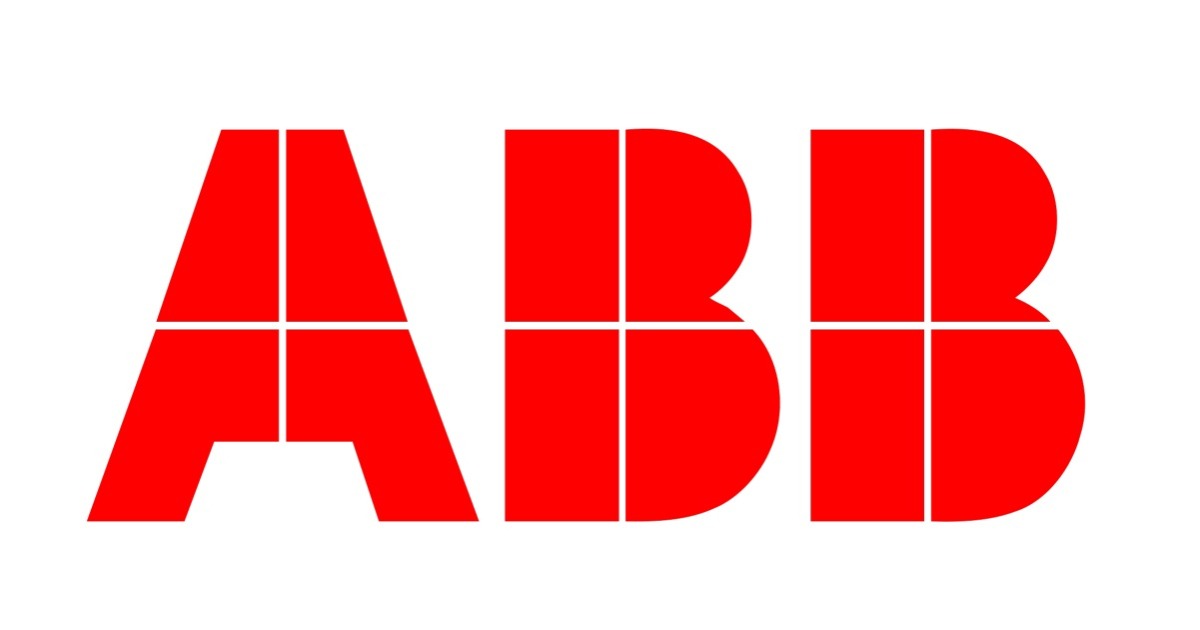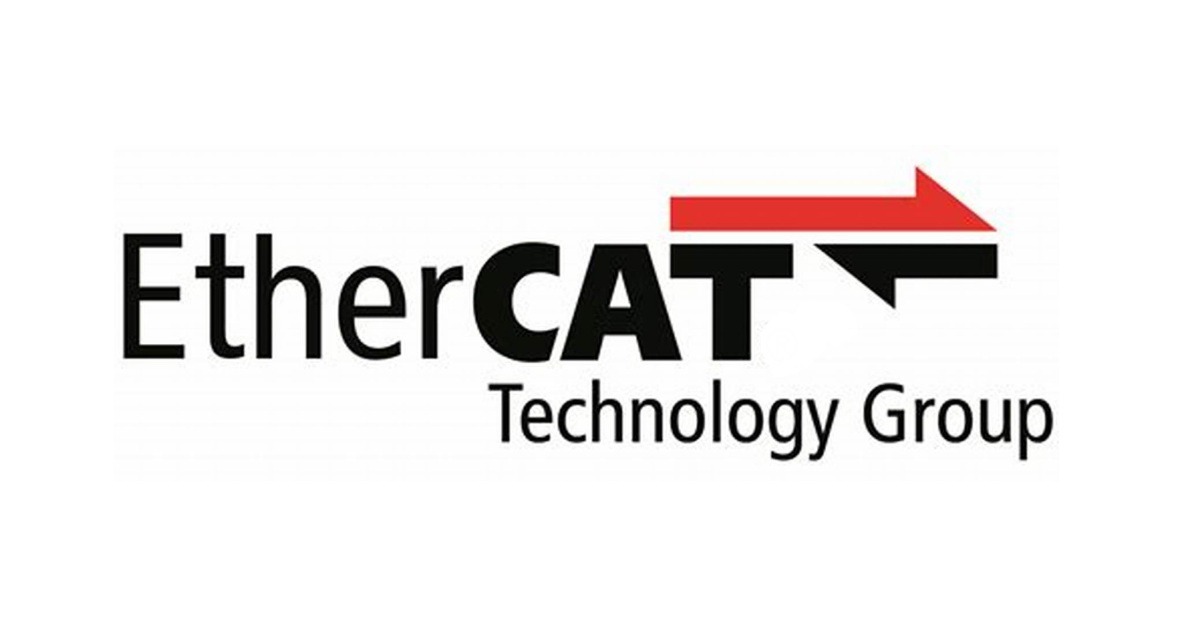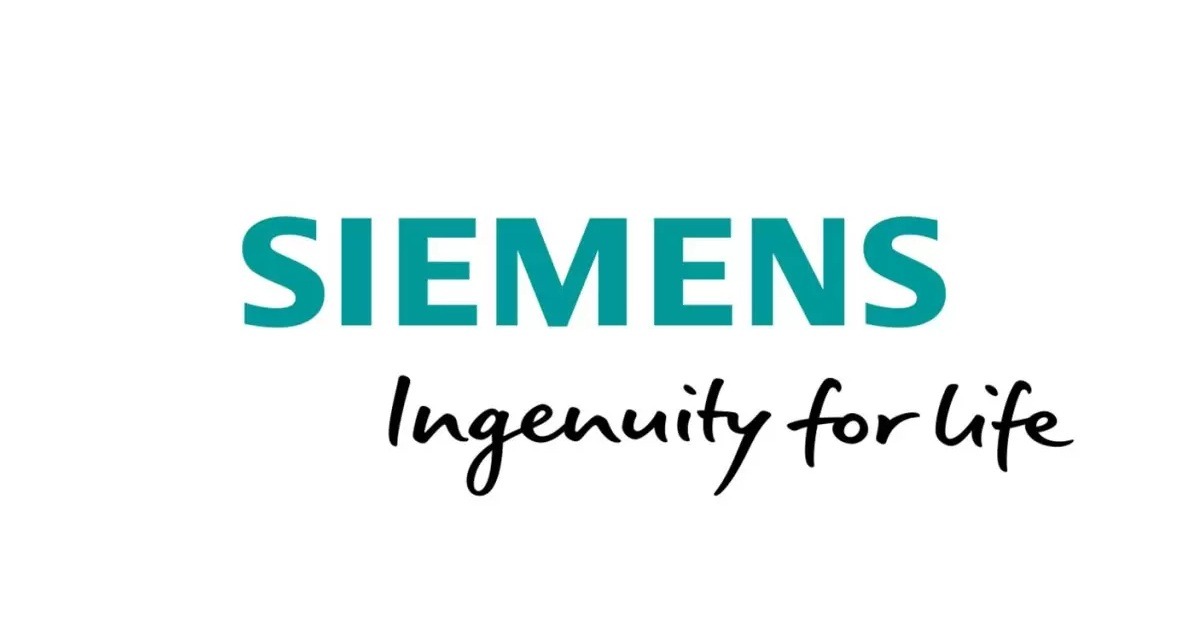Digitization as the key to optimal energy efficiency
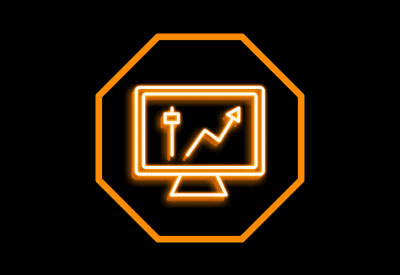
April 18, 2018
Whether in the energy sector or manufacturing, digitization is the key to maximum energy efficiency. The challenge is to save on energy – be it in the form of heat, power, steam, or compressed air – without compromising work and production processes. Mastering that challenge requires highly sensitive measurement equipment and digital energy management systems that can work together and communicate to make split-second, precision-coordinated adjustments. In other words, to achieve optimal efficiency, each energy flow needs a corresponding, real-time digital data flow.
This is a complex jigsaw puzzle of a challenge that calls for multidisciplinary solutions of the kind that will be presented by software developers, system analysts and energy and measurement technology experts at the special Digital Energy display in Hall 12 at this year’s Energy show. The display has been strengthened since it premiered in 2017, and will feature some 20 companies, including seven from beyond Germany.
The devil is in the detail – an enduring truth not lost on the exhibitors and industry players taking part in the Digital Energy display. “Many companies already have complex measurement infrastructure and vast amounts of data, but don’t actually know how to generate added value from it. We use artificial intelligence to analyze these data in real time and enhance the cost-effectiveness and efficiency of energy systems,” explains Yvonne Therese Mertens, Managing Director ofAthion GmbH . Based in Cologne, Germany, Athion helps companies to digitize and manage their energy systems by combining technologies and solutions from the fields of information and energy technology. Athion enables its customers to digitally integrate their energy plants and intelligently optimize their use, thereby achieving cost-optimized, resource-efficient energy system operation. The company says it can reduce its customers’ energy costs by up to 30 percent.
This approach is shared by EEIP, a Brussels-based business and policy network. EEIP stands for Energy Efficiency in Industrial Processes – a name that says it all. As well as energy efficiency measures, the network provides support for demand response, smart grid and smart city initiatives, electric mobility projects, district heating networks and key enabling technologies such as IoT and blockchain. “More and better-quality energy data translate into better analysis,” explained CEO Jürgen Ritzek. “Predictive maintenance is another increasingly important area of energy efficiency. The fewer maintenance shutdowns you have to make, the greater your energy savings,” he said. At this year’s Energy show, EEIP will be highlighting a way of improving capital market involvement in energy efficiency projects.
Many areas of industry still have significant gaps in the information they need to achieve energy efficiency – a scary prospect in an age of mounting compliance requirements. “The energy transition means companies are faced with increasingly stringent requirements of all kinds – technical, commercial and regulatory,” commented Dr. Stephan Theis, CEO of Munich-based energy management technology provider econ solutions GmbH . “We offer these companies the robust data-systems foundation they need in order to meet these challenges,” he explained. “Companies can even ‘offload’ their energy projects onto us and our partners, and we’ll look after all aspects of energy plant operation,” he added, referring to a full-service package built around the company’s econ3 energy management software. econ solutions will be exhibiting within the Digital Energy showcase.
Among the other innovative energy-efficiency service providers to be taking part in the Digital Energy showcase are the hardware and software provider PQ-Plus (Franken, Germany) and Limón GmbH (Kassel, Germany). “The challenge of energy conservation lies in detecting, measuring and analyzing energy flows,” explains Limón head of marketing Alexander Pötter. Limón’s answer is an integrated solution that includes everything from capturing and visualizing energy flows to energy management systems and energy efficiency technologies. According to Pötter, machine learning is opening up new opportunities in energy efficiency. “Machines learn by analyzing new information in complex ways. In terms of energy management, this is the next step towards creating transparency, automating processes and finding new areas where savings can be made,” he said.
These aspects of energy efficiency are also the core business of CS Instruments GmbH & Co. KG , which specializes in the development, production and sale of mass flow meters for a range of gaseous media and compressed air. “In an age characterized by the energy transition and digitization, the challenge no longer consists purely in having reliable, precision measuring and sensor systems coupled with displays. Today, these systems need to be combined with data connections to higher-level energy management systems,” explains company spokesperson Barbara Schwer-Baumann. “That’s why at CS Instruments, we offer integrated standardized data interfaces for measurement and sensor systems – interfaces like Modbus TCP (Power over Ethernet/PoE), M-Bus, Profibus DP, Profinet and Modbus RTU (RS485).”
The rise of digitization also harbors certain risks. These will be discussed at Energy and its Digital Energy showcase . The display features a supporting forum that will kick off on Monday, the first day of HANNOVER MESSE, with two discussion panels themed “Industrial Energy Management: Legislation, Standards, Support” and “Industry 4.0 – Opportunities for Energy Data-based Production”. The full program can be viewed online at www.hannovermesse.de/event/digital-energy-forum-energiemanagement-im-industriellen-umfeld/FOR/81777 .

